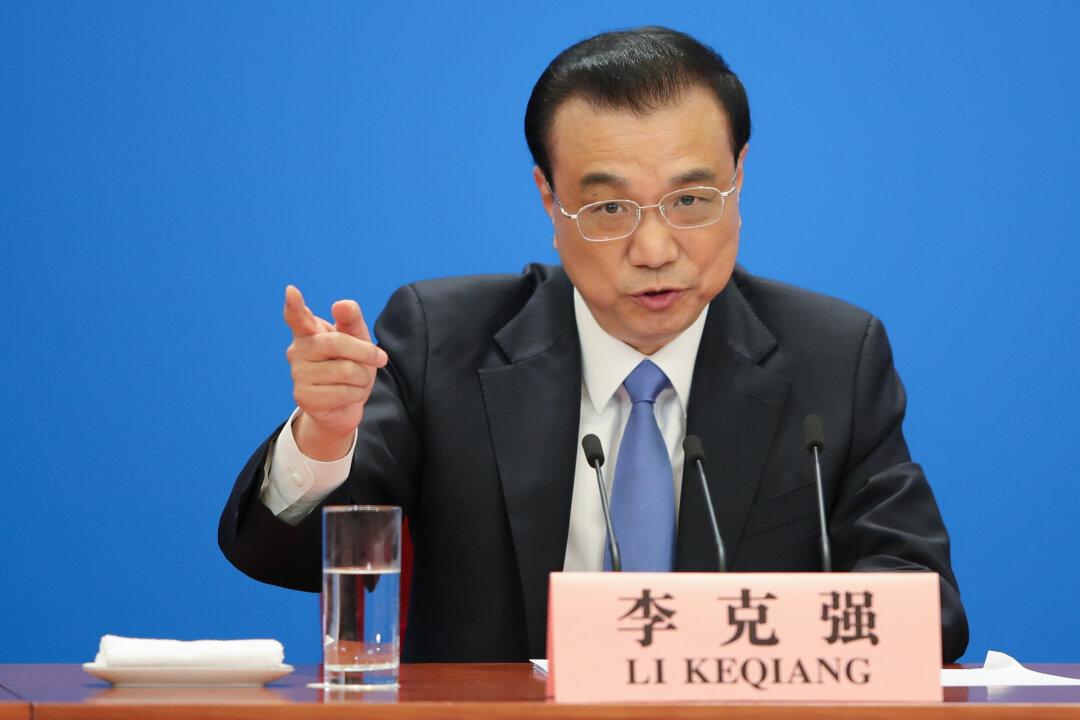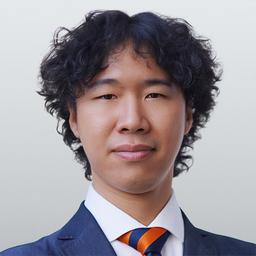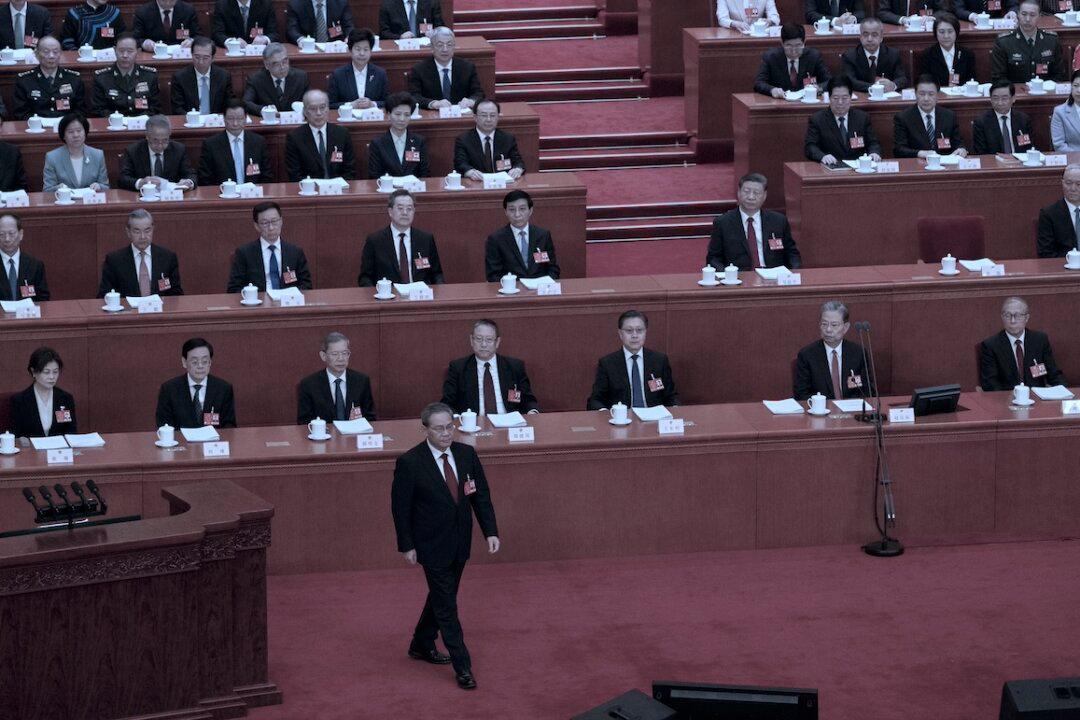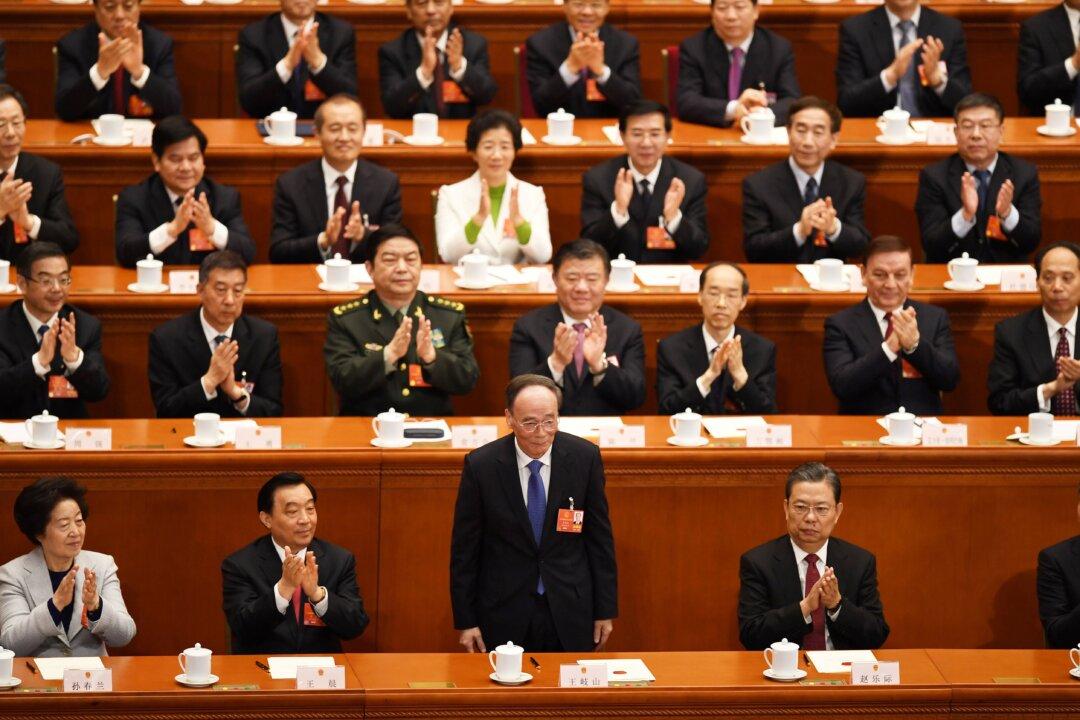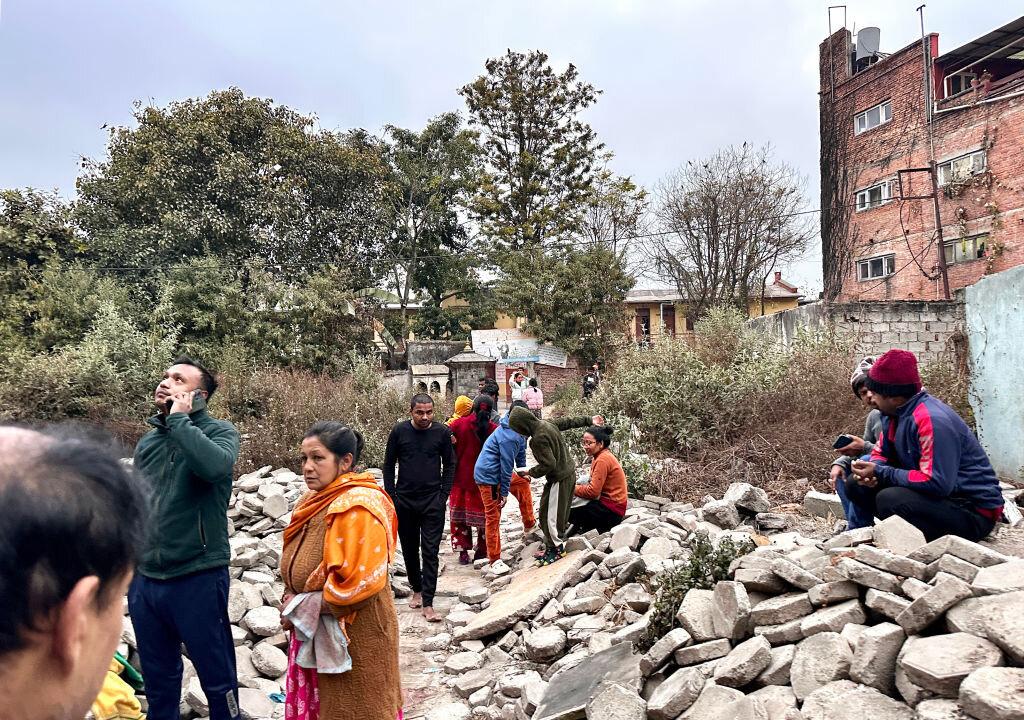The body of the deceased Chinese former premier Li Keqiang arrived in Beijing on the evening of Oct. 27 and is now at a Chinese military hospital. The Chinese regime ramped up its security in the communist nation’s capital to prevent potential social unrest as a result of the public’s outpouring of grief. The atmosphere in Beijing is as if it is under martial law.
Although the Chinese Communist Party (CCP) announced that Mr. Li died of a heart attack, this has been under broad scrutiny by the Chinese public. Mr. Li fell from grace and was removed from his position at the top of the CCP earlier this year, which led to a lot of unproven speculation that his death may have been a political assassination. Many viewed Mr. Li as a moderate force within the CCP, as opposed to Chinese leader Xi Jinping’s fundamentalist communism and authoritarianism. Mr. Li’s former residence in Hefei, Anhui province, was surrounded by a sea of flowers, but no large-scale memorial activities were reported in Beijing due to the strict censorship and security measures from the CCP. Online photos from social media showed that some flowers and cards were laid at Mr. Li’s alma mater, Peking University.
